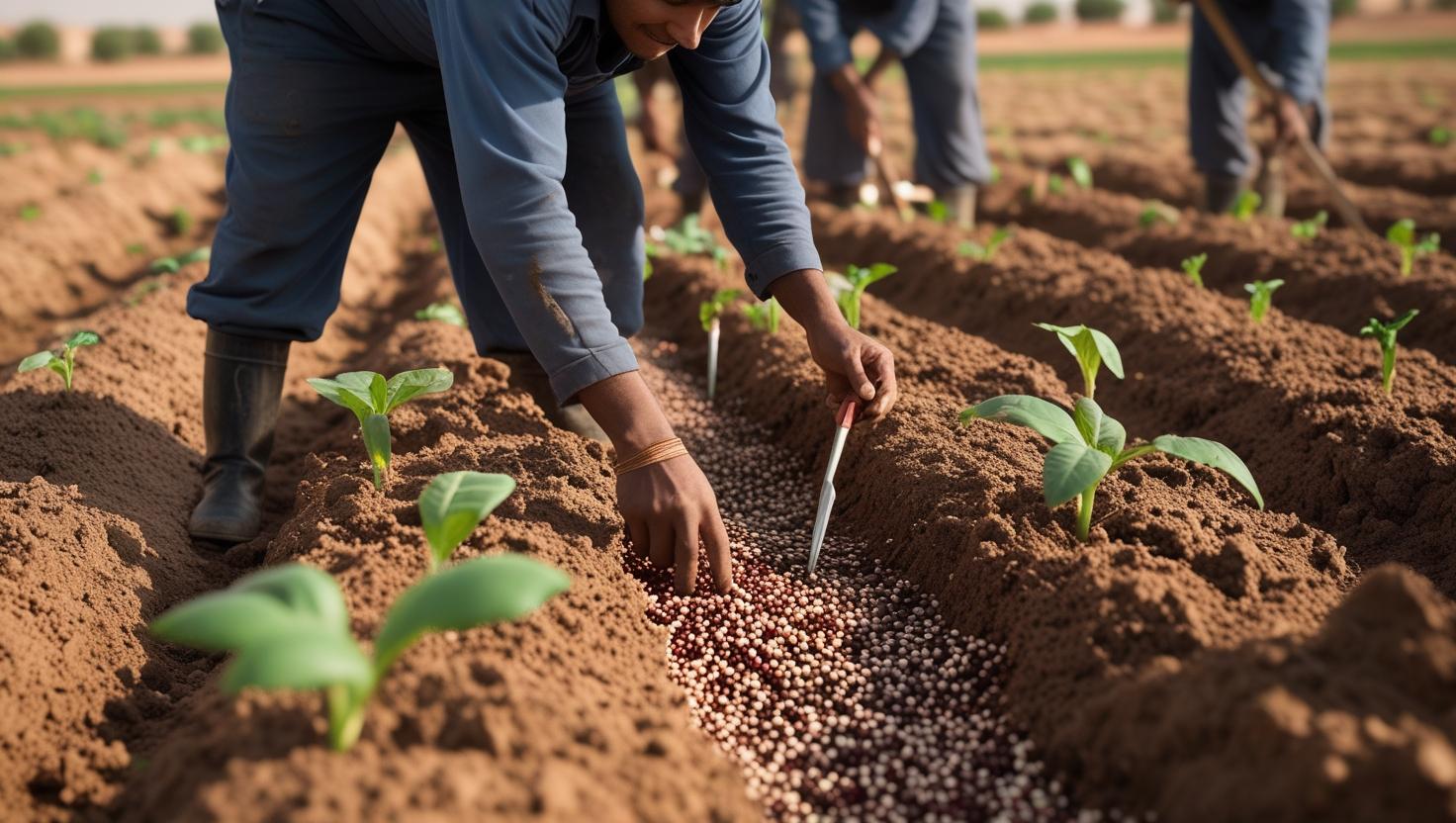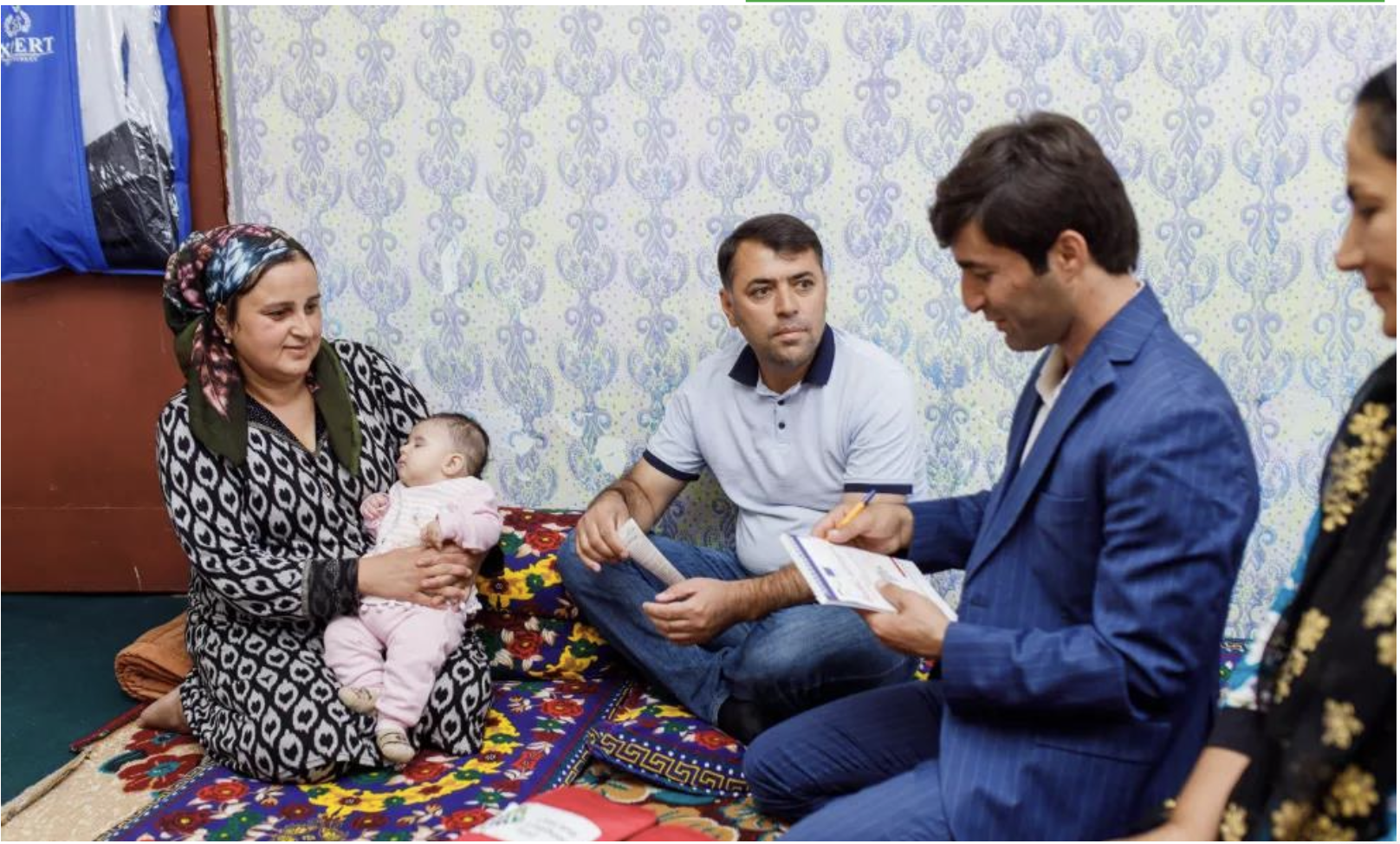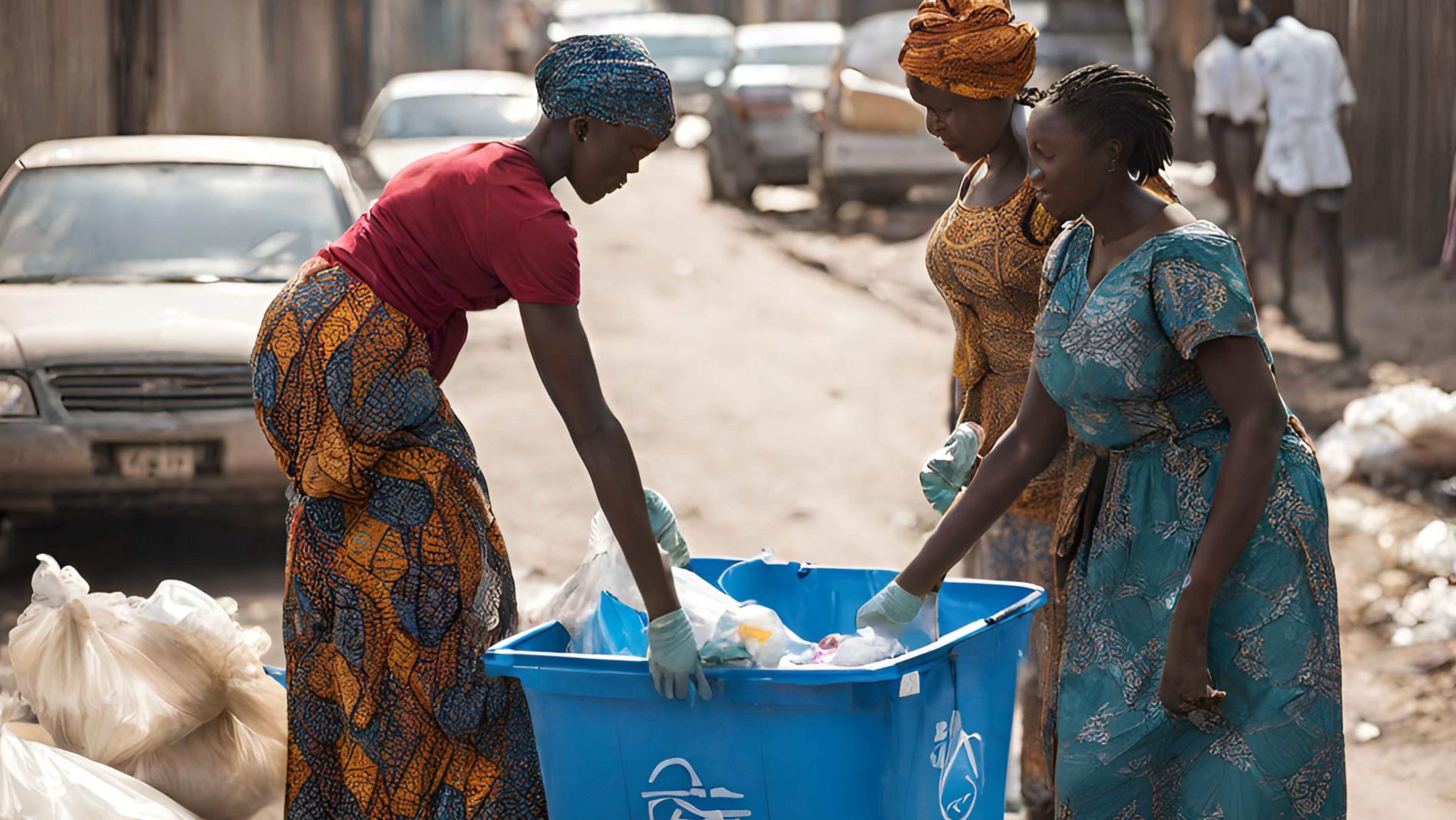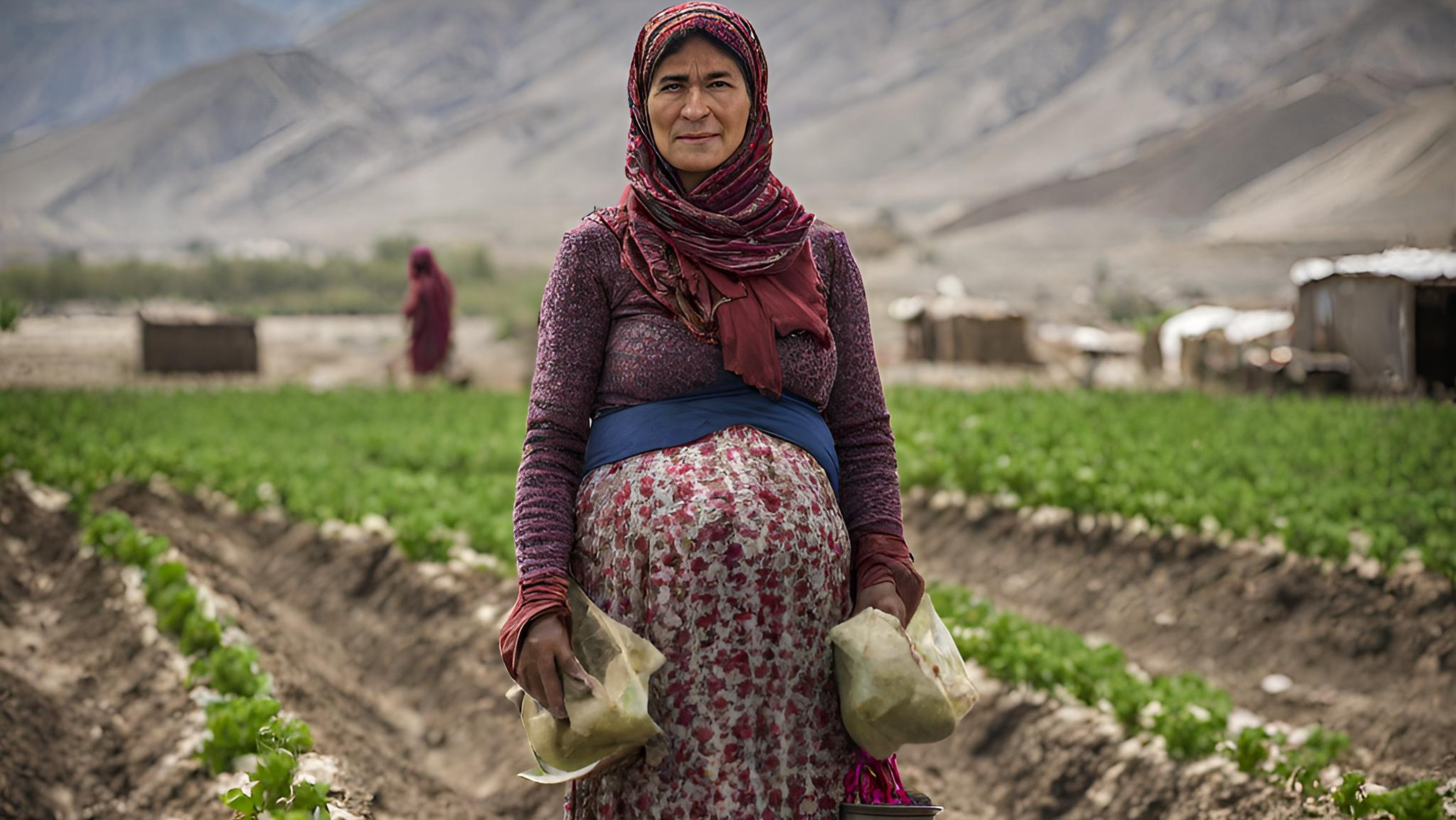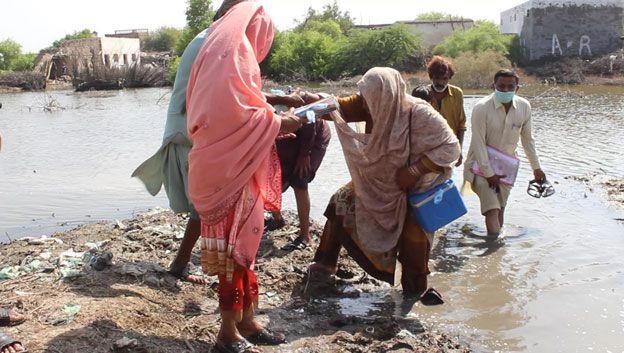Latest updates
SHE: Securing Health Empowerment
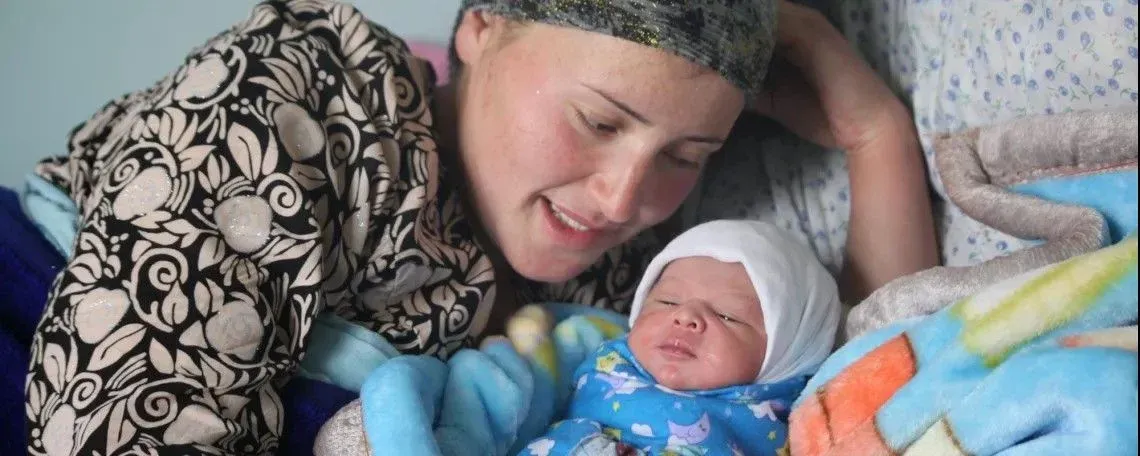
Photo Credit: UNICEF/TAJIKISTAN
Meet Sangimoh, a skilled birth attendant who is helping rural women secure health empowerment and take charge of their lives.
“Is she not going to suffocate?”
“No, my dear. The baby will soon crawl to your breast. And do you know which breast? The left one, because it is closer to your heart.”
And with this, Sangimoh cleans the newborn, swaddles her in a warm cloth and puts her on Sitora’s stomach.
The baby is now ready to be welcomed with her first food in the new world.
Sangimoh leaves Sitora and her daughter to have their exclusive first moments together. She cleans her hands and walks out of the labor room, smiling triumphantly. It is another day well spent for the 48-year old Sangimoh, who is a trained midwife in the delivery ward of maternity department of Danghara District Hospital.
A mother of three daughters, Sangimoh has been working as a midwife for a quarter of a century. In all these years her village, district and country have undergone major economic, social, and political shifts, while she continued providing compassionate care and supporting women as they navigate their journey of motherhood.

Sangimoh brings her years of rich experience and passion to a USD 23 million Improving Maternal, Neonatal, and Child Health Services Project, funded by the Lives and Livelihoods Fund and implemented in partnership with the Ministry of Health & Social Protection of Population and development partners WHO, UNFPA and UNICEF.
The project is designed to transform the lives of low-income and often resourceless women and their babies. Through ongoing home visits from registered nurses like Sangimoh, vulnerable mothers receive the care and support they need to promote healthy pregnancies and empower mothers with timely information related to their personal health and hygiene.
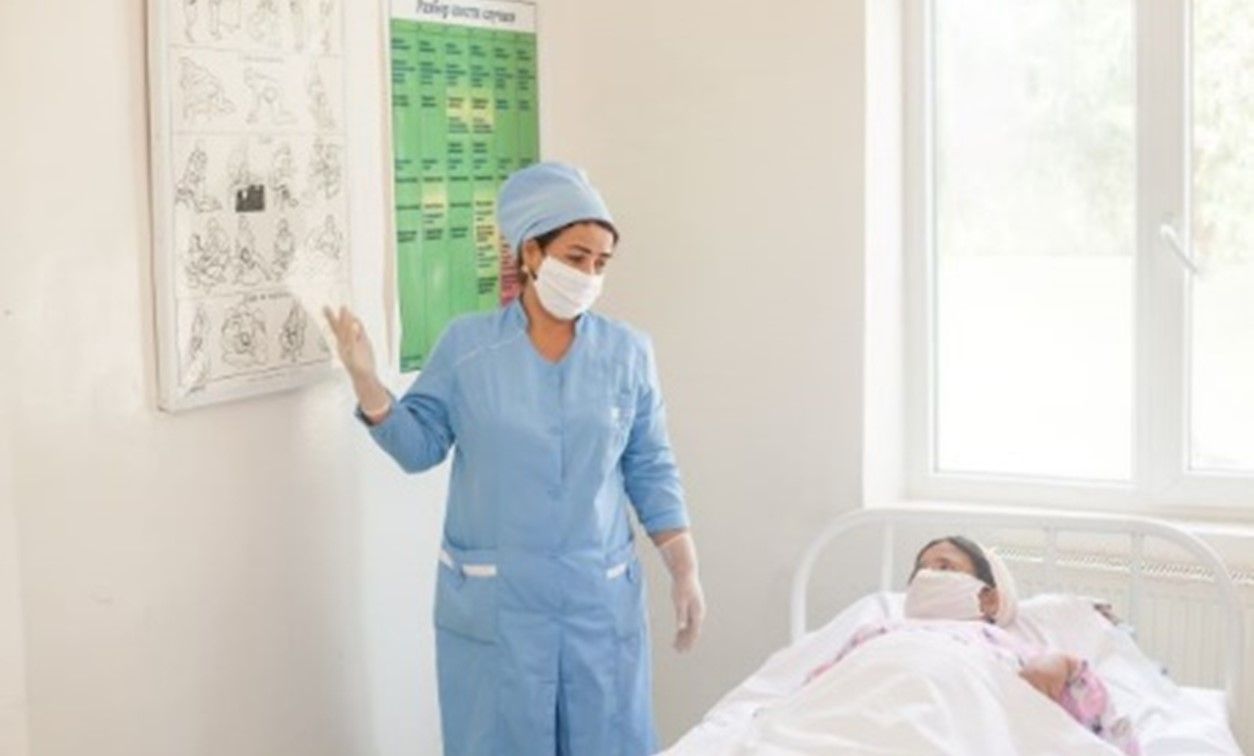
“Information can power up women in more ways than one,” says, Sangimoh, who has handled numerous pregnancies that became complicated because proper information and timely guidance was unavailable to mothers. “But things are changing now as more women are seeking health care at early stages of pregnancy as well as registering themselves. This is real empowerment,” she added.
With the LLF-funded project and untiring efforts of our partners and healthcare providers like Sangimoh, a new generation of mothers is on the rise who are more cognizant of their health status and well poised to make decisions about expanding their family.
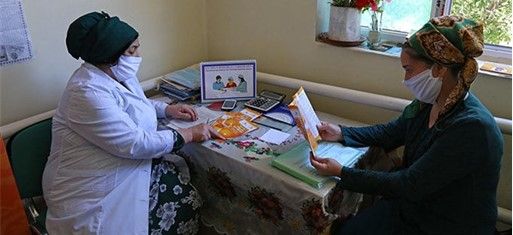 Photo Credit: UNICEF/TAJIKISTAN
Photo Credit: UNICEF/TAJIKISTAN
“Our series of health awareness sessions at the community level have witnessed a marked improvement in the understanding level of mother in laws and how they throw their weight behind the daughter in laws to take important decisions regarding pre and postnatal check-ups and family planning,” continued Sangimoh. Citing the example of 28-year old Sitora, Sangimoh tells us, “Sitora is now empowered to use contraceptives, decide on time intervals between births, and regularly visit hospital for periodic immunization and vaccination”.
LLF’s collaboration with female nurses through the Maternal, Neonatal, and Child Health Services Project in the target districts of Tajikistan has not only improved the quality and delivery of first-level healthcare to expectant mothers, but it has also diversified their income and elevated their place in the community as skilled birth attendants.
Sangimoh is determined that her daughters will continue their education after school graduation and will pursue their dreams to make their lives better through self-development, leadership skills and better financial opportunities.
Related articles
Cookies
By browsing our website you accept our Terms and Conditions
